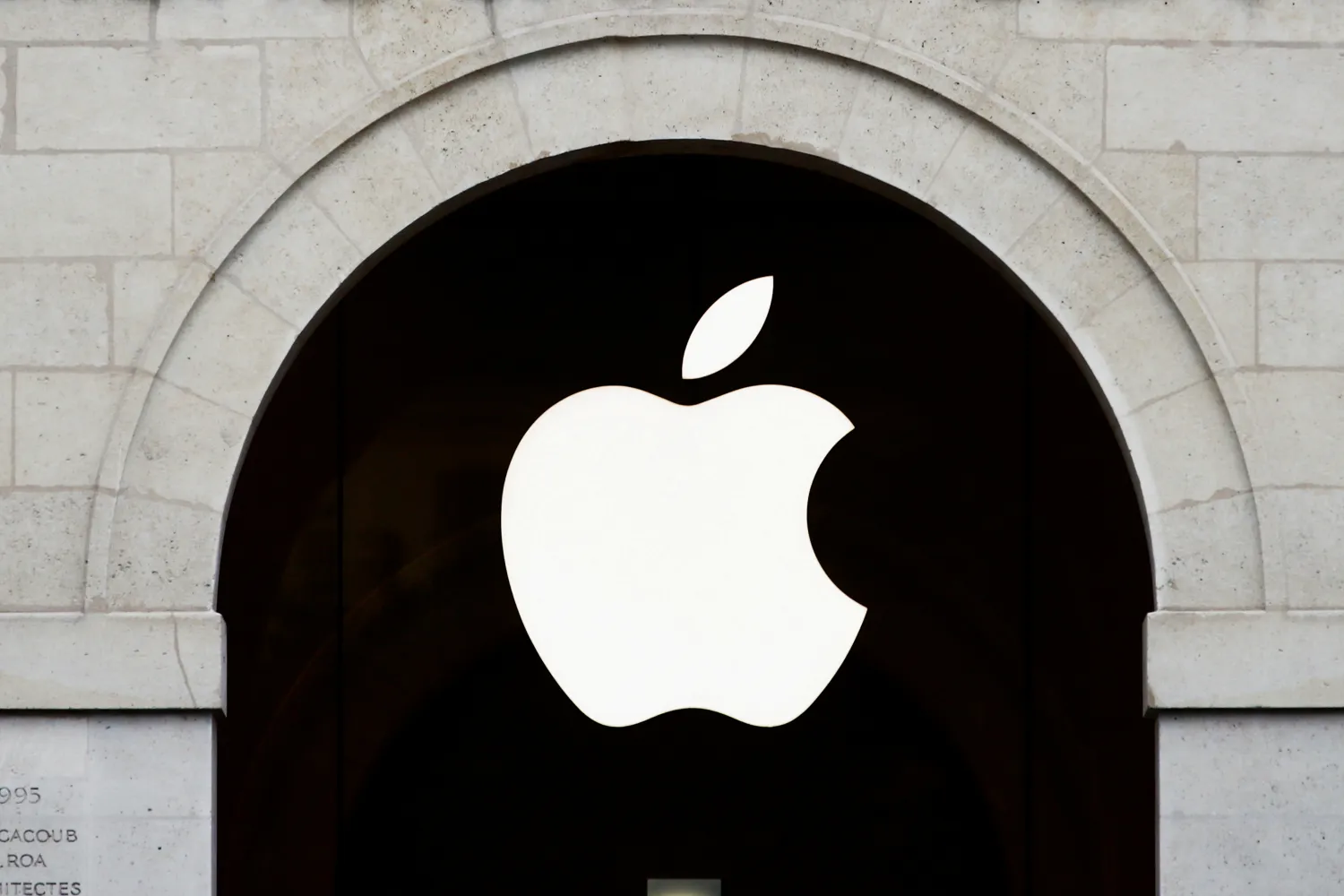Apple Inc is expanding retail operations as the United States emerges from the pandemic, betting that a combination of strategies developed before and during COVID-19 will make its stores more popular than ever, its retail chief told Reuters.
Apple is doing this as the retail industry works out what the post-pandemic future will look like, including consumers who have become used to ordering almost everything online.
For Apple, the answer is keeping what helped it through the pandemic, and doubling down on its pre-pandemic strategy of in-store events and experiences beyond shopping.
The express counters that popped up to help customers more efficiently pick up online orders, for example, will become regular features of Apple's 500-plus stores around the world, all of which have reopened as of June 14.
The iPhone maker is also adding a new "Creative Studios" program, starting in Los Angeles and Beijing, that aims to teach young people from underrepresented communities to use Apple products to create music, films and photography. That adds to a broader array of classes based out of the stores designed to bring in customers in contact with Apple more frequently.
"We're looking at this moment right now as a way to really begin again, and begin again in every way," Deirdre O'Brien,
Apple's senior vice president of retail and people, told Reuters as the company prepared on Thursday to open a new store at the renovated Tower Theater in downtown Los Angeles, Apple's second new US retail outlet since the beginning of the pandemic.
Apple boomed during the pandemic, hitting $2 trillion in market capitalization in August 2020 and setting records for sales of iPhones and several other categories.
One of the retail-related weak spots in its financial results, analysts said, was a slowdown in sales of AppleCare, a device insurance plan that is often an upsell during a store visit but easier for consumers to skip online. Apple also experienced supply chain missteps over the past year, delivering its iPhone 12 later than usual last year and saying in April that the global semiconductor shortage would cost it several billion dollars in sales.









